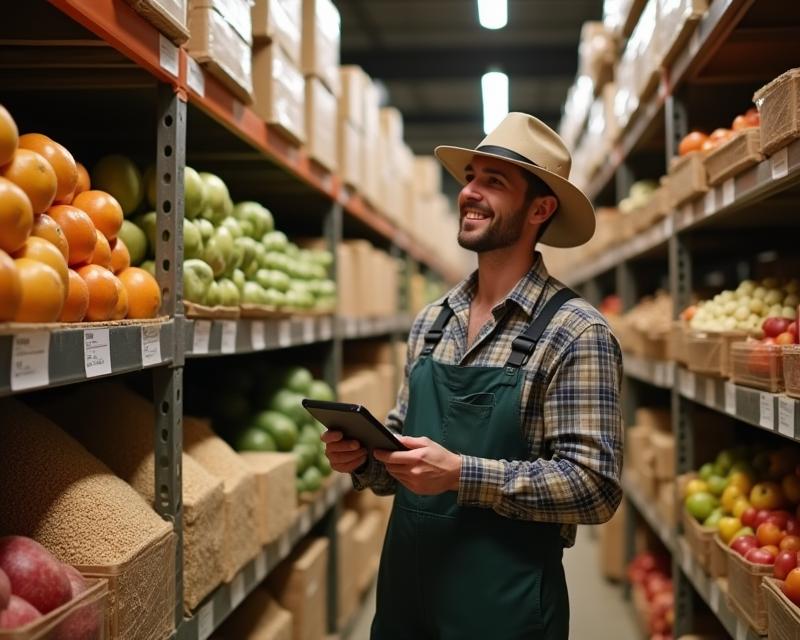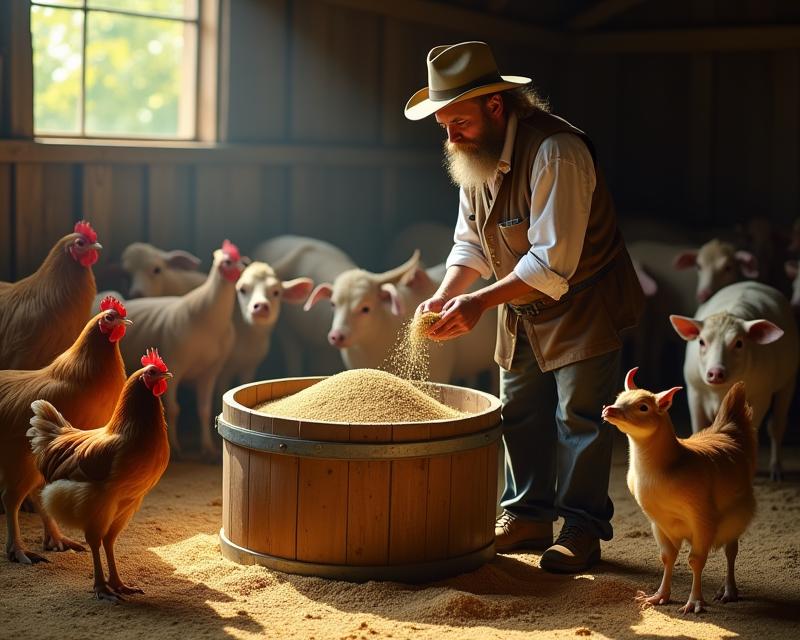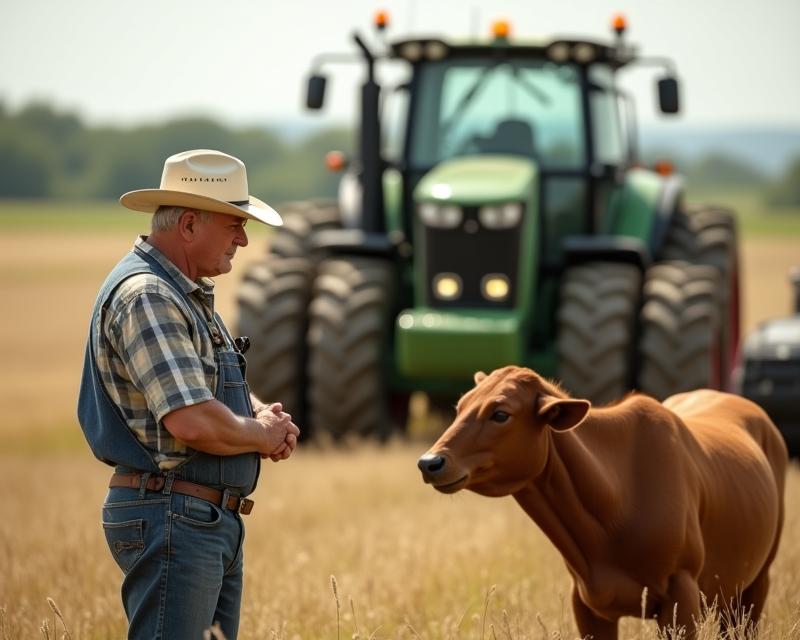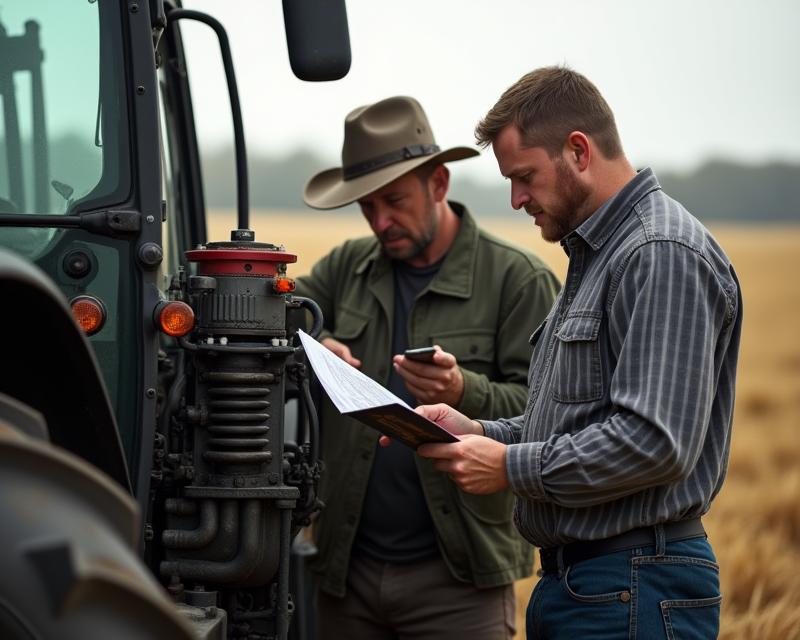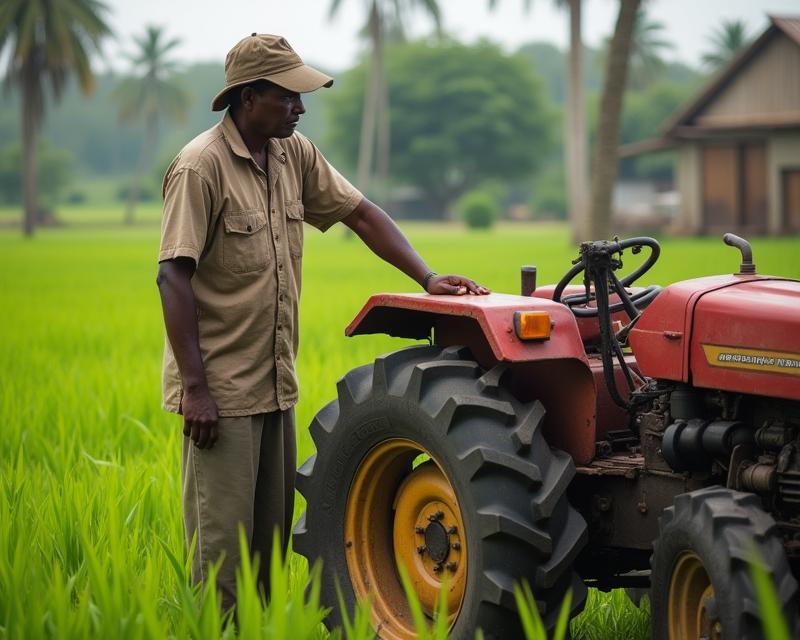Subsidies & Trade: What Farmers Need to Know
Publish in Farm Business el 06/07/2025 17:53
Trade Distortions: The Impact of Subsidies on Global Trade and Competition
Hey everyone! Ever wonder why the price of certain crops seems unusually low, or why some farmers in other countries can undercut your prices? A big part of the answer lies in something called subsidies. Subsidies are essentially financial assistance – payments, tax breaks, or price supports – that governments give to farmers and agricultural businesses. While they might seem helpful on the surface, they can create some serious problems for farmers around the world.
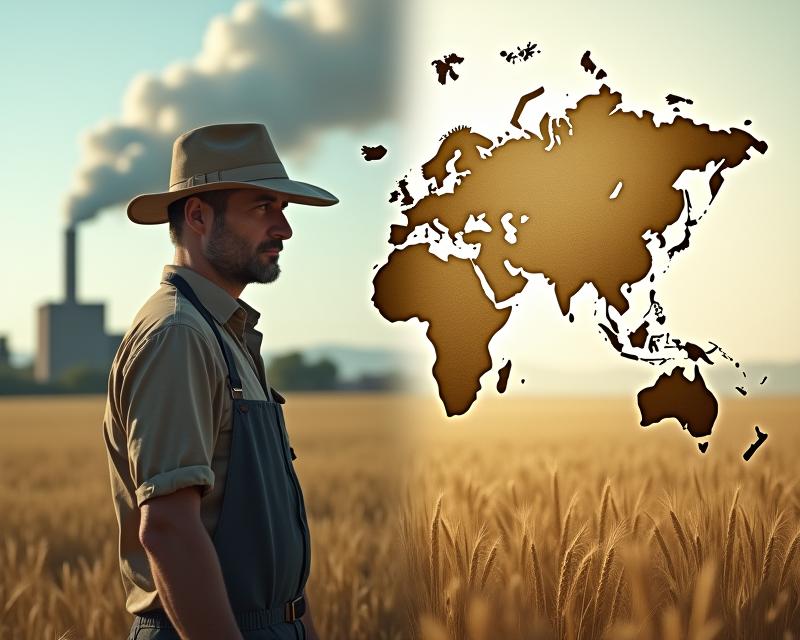
How Subsidies Work (and Why They Matter)
Governments offer subsidies for a variety of reasons. Sometimes it's to ensure a stable food supply, protect farmers from fluctuating market prices, or even boost the production of specific crops. For example, a government might subsidize corn production to keep corn prices low for livestock feed. The problem is, these subsidies aren't always applied equally. If one country heavily subsidizes its farmers, they can sell their products at a lower price than farmers in other countries who don't receive similar support. This creates a 'trade distortion' – it messes with the natural balance of the market.
The Ripple Effect on Farmers
Trade distortions caused by subsidies can have a significant impact on farmers. When cheaper, subsidized products flood the market, it can drive down prices for everyone. This makes it harder for farmers without subsidies to compete, potentially leading to lower profits or even farm closures. It can also discourage innovation, as farmers may be less willing to invest in new technologies or sustainable practices if they're constantly battling unfairly low prices. Think about it – if you can't make a decent profit from your crops, it's hard to invest in improving your farm!
What Can Be Done?
Addressing trade distortions is a complex issue, but there's growing pressure on governments to reform their subsidy programs. International trade organizations like the World Trade Organization (WTO) are working to reduce subsidies that distort global markets. Farmers can also play a role by advocating for fair trade policies and supporting organizations that promote sustainable farming practices. Understanding how subsidies affect the market is the first step towards building a more level playing field for all farmers, no matter where they are in the world. It’s about creating a system where hard work and quality produce are rewarded, not artificially suppressed by unfair advantages.
- Support organizations advocating for fair trade.
- Stay informed about trade policies.
- Consider diversifying your crops to reduce reliance on single markets.
